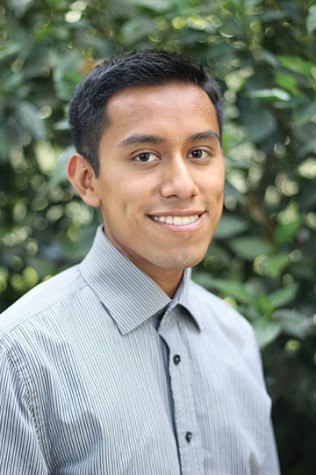EdX, a nonprofit venture established by Harvard University and the Massachusetts Institute of Technology, recently unveiled software that uses artificial intelligence to grade written assignments and tests, according to The New York Times.
After an instructor grades 100 essays or essay questions, the system uses machine-learning techniques to base its grading on the professor’s evaluations.
San Diego State English and comparative literature professor Joanna Brooks is opposed to the idea.
“We want students to create original, creative essays,” Brooks said. “A robot-grading machine can’t encourage students to become innovative.”
“Students should feel ripped off if someone tells them that a machine can give them one-on-one feedback,” Brooks added.
But electrical engineer and president of EdX Anant Agarwal is convinced the software is an advantageous device because, instead of waiting for grades, it allows students to take tests and write essays repeatedly, improving the quality of their answers.
“There is a huge value in learning with instant feedback,” Agarwal told The New York Times. “Students are telling us they learn much better with instant feedback.”
Still, Brooks believes personal comments are more important.
“What is more valuable to the education of a college student? Instant feedback or personal feedback?” Brooks said.
Based on data the SDSU Department of English and Comparative Literature, students find personalized feedback from professors to be the most helpful aspect of writing assignments, Brooks said.
Educational technology professor Marcie Bober-Michel views EdX’s software as a potential “support tool” that “can be an option in some situations.”
“It’s probably better designed for something that is more technical writing,” Bober-Michel said. “I can’t see it grading poetry or even short stories.”
On March 12, Professionals Against Machine Scoring of Student Essays in High-Stakes Assessment, a group of professors and teachers, began a petition to condemn automated essay grading. Since then, the group has collected about 3,000 signatures.
Bober-Michel said she has no intention of signing the petition, stating, “the world changes and one must learn to cope with that.”
However, she remains cautious about technology in an educational setting.
“I don’t think anyone should ever adopt something new wholesale without vetting it,” Bober-Michel added.
Many SDSU professors currently use Turnitin.com, which is integrated into Blackboard, primarily to check for plagiarism, but it can also check for spelling, grammar, mechanics and style errors.
It remains unknown exactly when EdX will release the software, but it will be made available online for free for any institution that wishes to use it.








